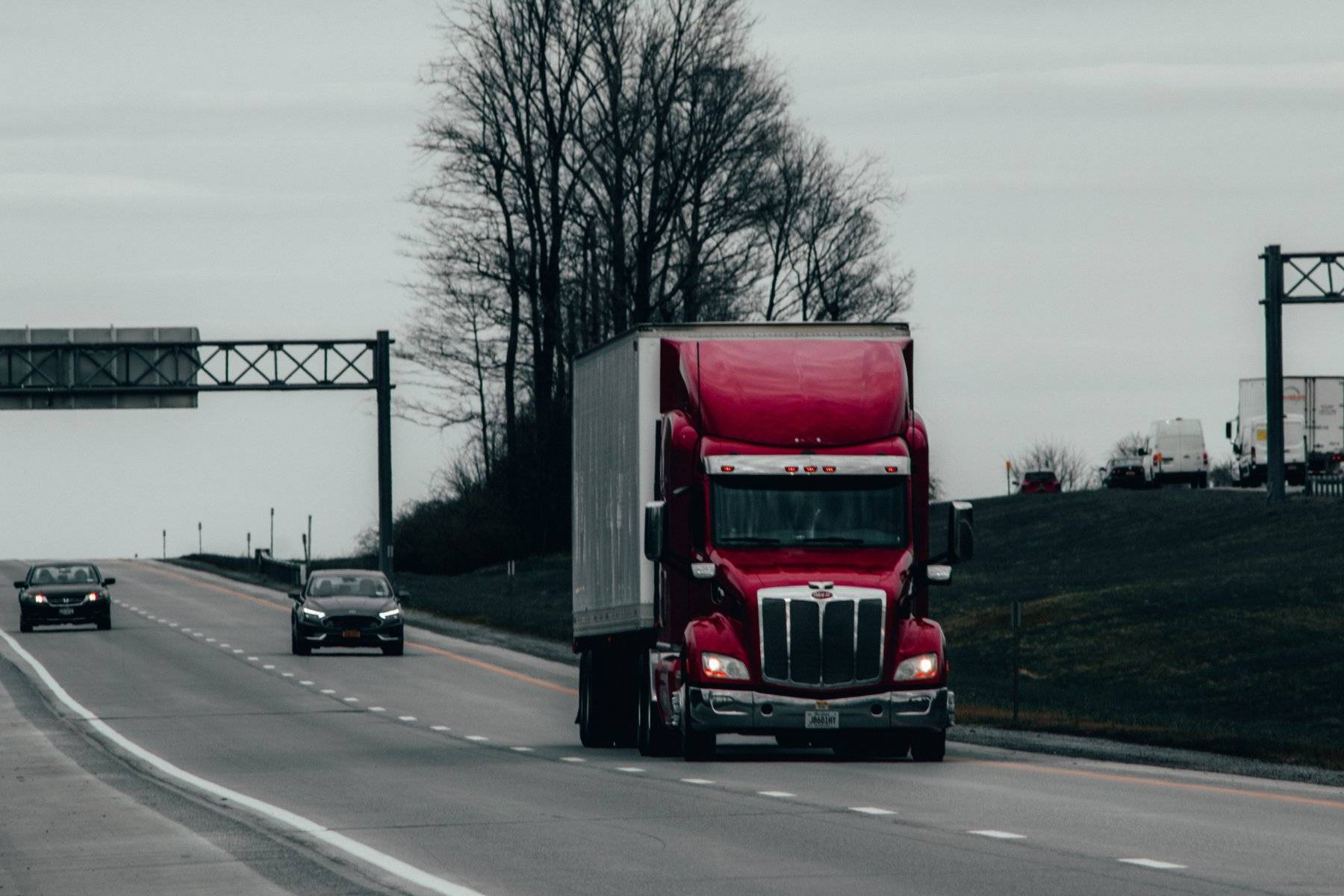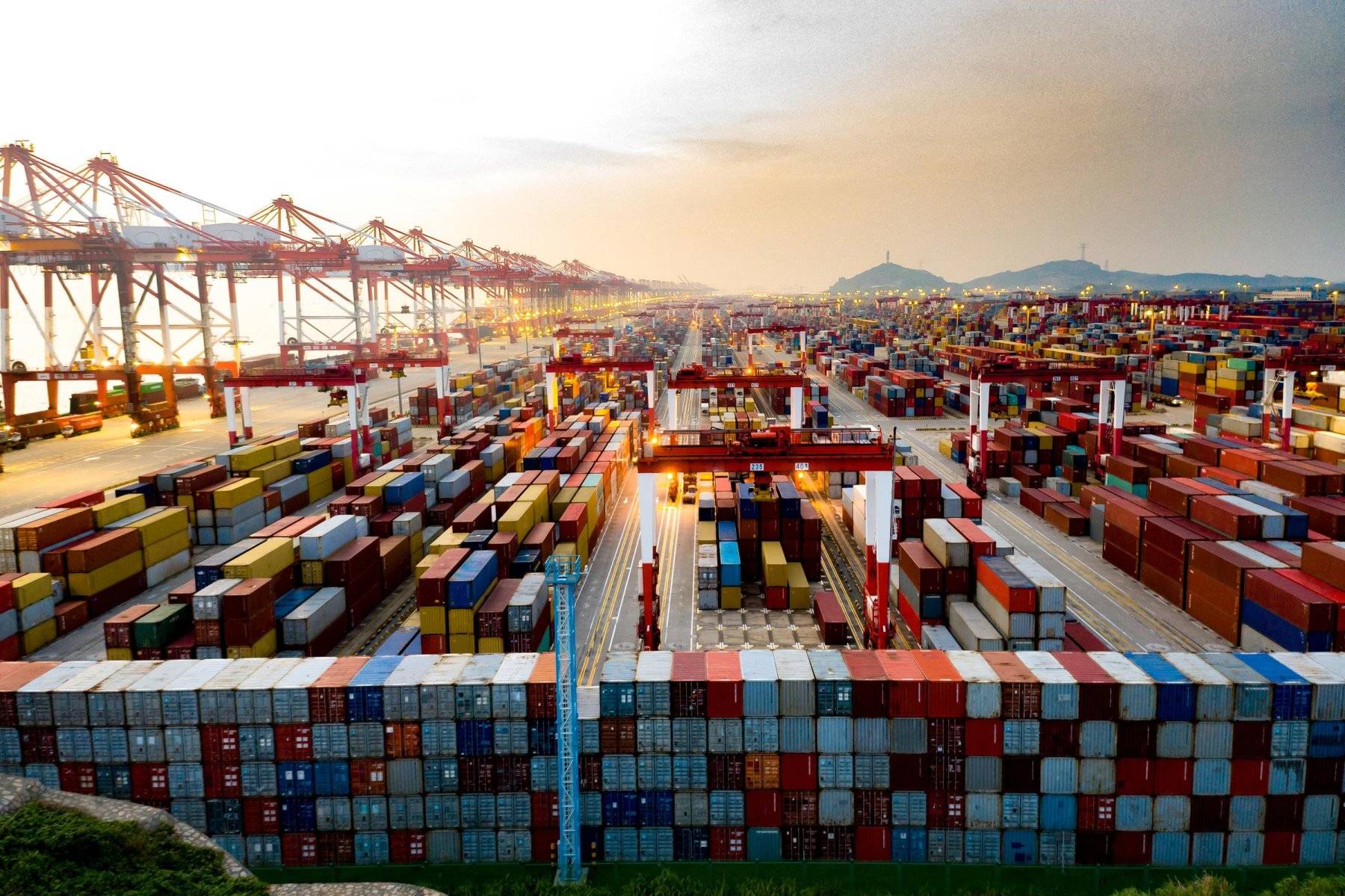The smooth operation of logistics and delivery services plays a crucial role in sustaining the global economy by facilitating the efficient transportation of goods from producers to consumers. However, a key determinant influencing the dynamics of this industry is the price of fuel.
The recent surge in fuel prices has sent shockwaves across various sectors, and logistics and delivery services are no exception. According to statistics, in October 2023, the global fuel energy price index reached 202.89 index points, marking a significant increase from the base year of 2016 when it stood at 100.
This article explores the multifaceted impact of rising fuel prices on these essential services, examining challenges that businesses are constantly facing, potential innovations, and the broader implications for both consumers and the economy.

Increased Operational Costs and Budget Constraints
One immediate consequence of soaring fuel prices is the substantial increase in operational costs for logistics and delivery companies. Fuel expenses constitute a significant portion of their budgets, impacting everything from transportation to warehousing.
Faced with squeezed profit margins, companies must reevaluate their financial plans and devise strategies to either absorb or transfer the burden of these extra expenses. Such circumstances frequently compel difficult choices, including streamlining delivery routes, acquiring fuel-efficient vehicles, or renegotiating agreements with suppliers, all of which can place a strain on operational efficiency.
In response to the escalating fuel prices, logistics, and delivery, trucking companies, for example, are increasingly focusing on optimizing semi truck aerodynamics to enhance fuel efficiency. By adopting aerodynamic technologies and design modifications for their fleet of trucks, companies aim to minimize air resistance and improve fuel economy.
This strategic approach not only aligns with sustainability goals but also helps mitigate the impact of soaring fuel costs on operational budgets. Investing in innovations such as streamlined trailer designs, aerodynamic fairings, and other fuel-saving technologies becomes pivotal in balancing the economic challenges of high fuel prices while maintaining efficient and cost-effective transportation operations.
Supply Chain Disruptions and Delays
Escalating fuel costs have the potential to disturb the intricate network of global supply chains, leading to disruptions in the timely delivery of goods. Companies employing just-in-time inventory systems may need help sustaining their usual efficiency amid the unpredictability of fuel expenses.
These transportation delays not only inconvenience consumers but can also impose heightened holding costs on businesses. This is due to the necessity of storing surplus inventory for extended durations. The cascading impact of supply chain disruptions can extend far and wide, affecting businesses and industries interlinked within the global market.
Impact on Consumer Prices and Purchasing Behavior
As operational expenses for logistics and delivery services increase, businesses might transfer the associated costs to consumers through elevated prices for goods and services. The heightened expenses related to transportation and logistics frequently manifest in the ultimate price of products, contributing to inflationary pressures.
As a result, consumers may adjust their buying patterns by exploring alternative products, postponing purchases, or actively seeking more budget-friendly options. This change in consumer behavior can set off a chain reaction across various industries, shaping market dynamics and potentially impacting the overall economy.

Opportunities for Innovation and Sustainability
While rising fuel prices pose significant challenges, they also present an opportunity for the logistics and delivery industry to innovate and embrace sustainability. Companies are increasingly exploring alternative fuel sources, investing in electric and hybrid vehicles, and adopting more efficient logistics practices.
These initiatives not only help mitigate the impact of rising fuel prices but also contribute to environmental sustainability. Innovations such as last-mile delivery solutions, route optimization algorithms, and the integration of technology in logistics, are becoming crucial elements for companies striving to navigate the challenges presented by volatile fuel prices.
Government Policies and Industry Regulations
Governments play a pivotal role in shaping the landscape for logistics and delivery services. As fuel prices rise, governments may implement policies and regulations aimed at mitigating the impact on businesses and consumers. This could include incentives for adopting eco-friendly transportation methods, subsidies for fuel-efficient technologies, or the development of infrastructure to support sustainable logistics practices.
Conversely, stringent regulations or taxes on carbon emissions could further strain the industry. Navigating this complex regulatory environment becomes crucial for companies seeking long-term sustainability and growth.
Bottom Line
The impact of rising fuel prices on logistics and delivery services is a multifaceted challenge that echoes through the entire supply chain. From increased operational costs to supply chain disruptions and changes in consumer behavior, businesses in this sector face numerous hurdles. However, these challenges also serve as catalysts for innovation, pushing companies to adopt sustainable practices and invest in technologies that enhance efficiency.
Government policies will play a crucial role in shaping the industry's response to rising fuel prices, providing either incentives or imposing regulations that influence the trajectory of logistics and delivery services. As the industry evolves to meet these challenges, a delicate balance between economic viability, environmental sustainability, and consumer affordability must be struck to ensure the continued vitality of logistics and delivery services in our interconnected global economy.

